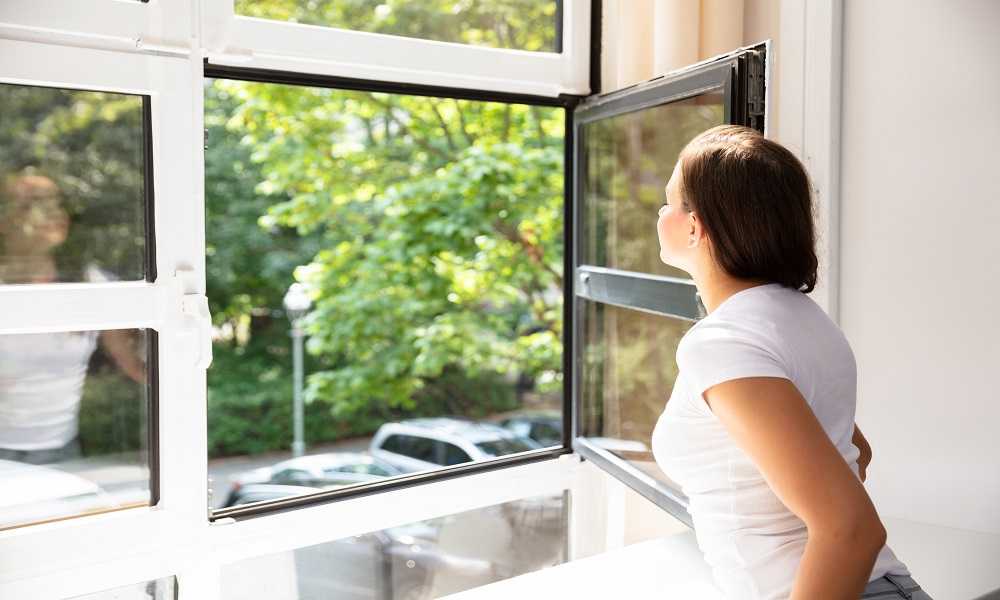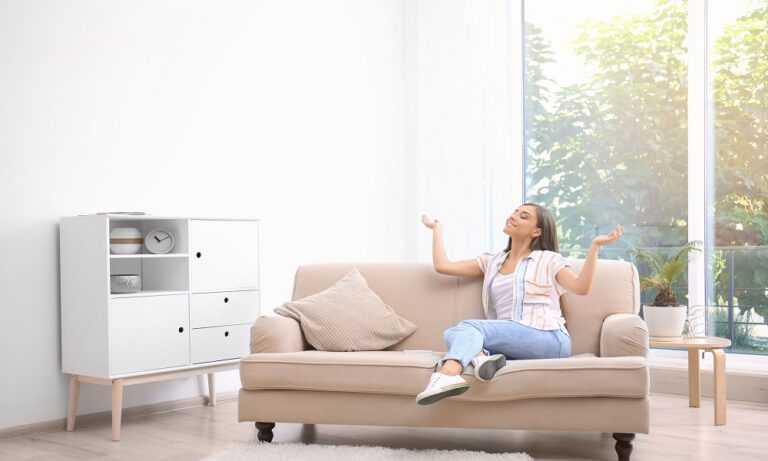Nothing feels better than being home. But have you ever entered your house and felt like you needed to be elsewhere due to how it smelled? If yes, you aren’t alone—most homeowners have been there. The smell in your home doesn’t necessarily mean you’re unhygienic. While lack of proper cleaning can cause a foul odor, other pollutants like toxic chemicals in detergents, mold, and secondhand smell might be the cause.
Luckily, there are easy ways to deal with these pollutants and give your home a fresh scent:
Maintain Your HVAC System Regularly
An HVAC system can affect your indoor air quality positively or negatively. It provides a comfortable, calm, or warm atmosphere if well-maintained and designed. However, dust and debris can build up when the system is neglected, leading to pollutant emissions. In such a case, an HVAC system spreads allergens, dust, bacteria, and other toxic substances.
When an HVAC system cools or warms your home excessively, it also affects the air quality resulting in too moist or dry air, causing discomfort. Therefore, it’s vital to hire professionals like HVAC contractor Fairfax Station to examine your heating and cooling system to ensure it works perfectly and doesn’t affect your indoor air negatively.
Clean Your Home Regularly
Besides being a good habit, cleaning your home regularly affects indoor air quality directly. For example, dusting, sweeping, and vacuuming eliminates dirt and dust particles in your home. Suppose you’re a pet parent. Your pet’s dander can collect quickly, leading to sniffing and sneezing among your family members. However, when you practice regular vacuuming, all these pollutants are eliminated, reducing the risks of developing allergies.
You should also ensure your linens and sheets are always clean. Dead skin, sweat, and dust can accumulate in your bedding, leading to a foul smell. However, keeping these items clean ensures the indoor air is fresh and welcoming.
Additionally, it’s wise to eliminate food leftovers, especially ones that have surpassed the preservation period. Such food emits a rotten smell, affecting your indoor air quality. If you’ve stored food leftovers you aren’t sure will be consumed, it belongs to the trash and not in your fridge or kitchen cabinetry.

Reduce Pollutants
Learning and understanding the most common sources of allergens is vital in improving indoor air quality. With such information, you reduce pollutants and minimize the chances of bad air accumulating in your home.
Here are some of the most common pollutants you should minimize in your home:
- Secondhand Smoke
This is the smoke from an exhaled cigarette. Secondhand smoke is dangerous since it can cause severe breathing system issues and certain cancers.
One of the best ways to prevent secondhand smoke from affecting indoor air quality is to avoid smoking inside the house. It might also help to abstain from cigarette smoking since thirdhand smoke (cigarette smoke on clothes) can also deteriorate indoor air quality.
- Detergents
While their purpose is to clean and keep your home fresh, some cleaning detergents contain harmful chemicals that can pollute the indoor air. That said, it’s vital to research cleaning products with nontoxic chemicals that leave your home smelling nice.
- Mold
Mold is yet another dangerous pollutant thriving under wet conditions. Once it has started growing in your home, you experience a musty smell that might not disappear unless you deal with the mold. Unfortunately, mold is among the leading causes of allergies and other breathing system issues in many homes. Fortunately, you can remove mold with simple DIY techniques or hire professionals.
Invest In An Air Purifier
Suppose you’re allergic but can’t control the source. In that case, you might need to invest in an air purifier. Once placed strategically in your home, air purifiers capture allergens, preventing them from contaminating indoor air.
Keep The Carpets Clean
A well-maintained, clean carpet provides comfort and warmth. However, a dirty carpet can produce a foul odor, making your indoor smell awful. Spilling something on the rug can encourage mold growth, further affecting indoor air quality. With that in mind, you should ensure the carpet is always clean, dry, and odor-free to enjoy a fresh-smelling house.
Welcome The Nature Inside Your Home
Plants provide fresh fragrance all year round. Introducing them inside your home doesn’t only affect your home’s appearance but also enhances air quality. Fortunately, you can find plants to fit your budget and match your interior decor. For starters, settle for tiny plants which do well indoors such as lilies and ferns. You can also add larger palm trees since they’re good at pulling contaminants from the air.
Reduce Dampness
Dampness can significantly affect your home smell. As earlier stated, mold dwells in wet areas. This fungus produces a damp smell that can make one sneeze. Besides the mold smell, moist areas make the air feel heavy and uncomfortable. If there are any signs of dampness in your home, check for leaks or enhance ventilation. Drying your home correctly after cleaning can also prevent humidity accumulation.
Inspect Air Ducts
Air ducts help circulate warm and cool air inside your home. As a result, they provide a comfortable atmosphere in all the rooms. However, if they aren’t installed or maintained correctly, they can distribute contaminated air from one room to another.
With time, mold, dander, and dust accumulate in the ducts, affecting indoor air quality. In such cases, you should hire a professional to clean them and enhance fresh air circulation.
Open The Windows
Improving your home’s indoor air quality can be as easy as opening windows to allow fresh air to enter the house. Opening windows also frees up bad smells from your home while facilitating the drying process. Ensure to open the windows regularly and enjoy a fresh breeze purifying the indoor air.
Conclusion
No one wants their home to produce an awkward smell. You want your house to smell nice and fresh. A lousy odor makes it uncomfortable to spend time indoors and harms your health. Luckily, you don’t need to break the bank to enhance indoor air. The tips above are simple and



Comments are closed.